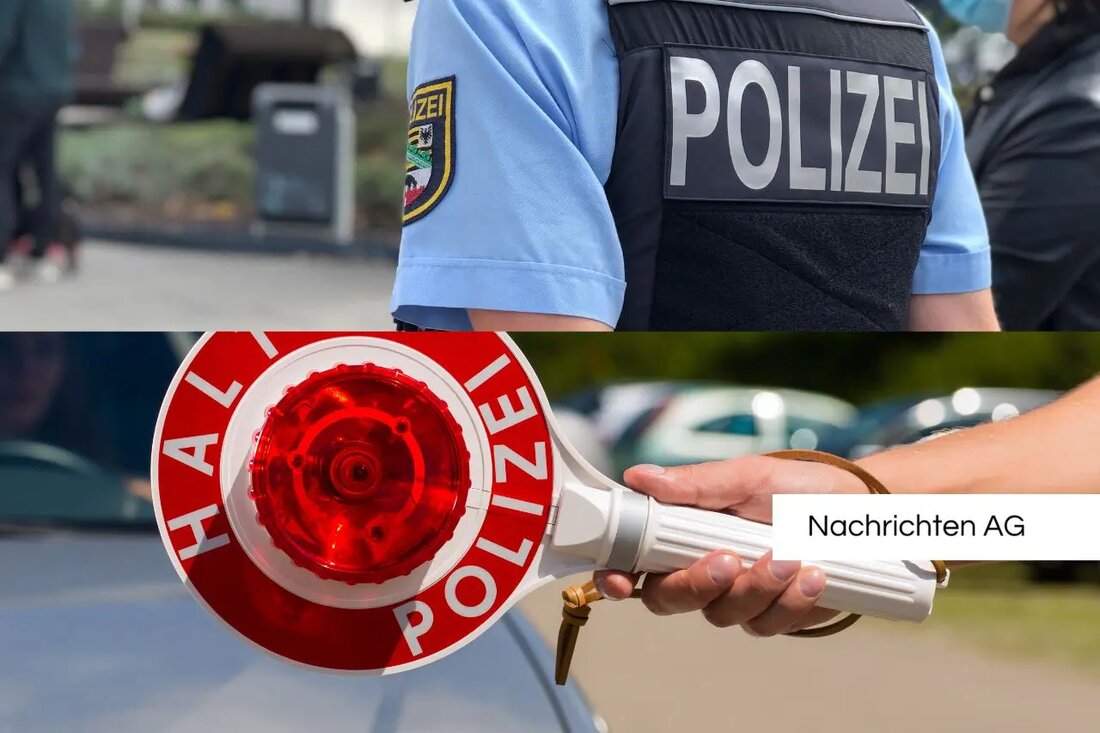Water prices explode: congregations are fighting for the household budget!
Water prices explode: congregations are fighting for the household budget!
The raising of water prices in the municipalities of Ronshausen, Nentershausen, Herleshausen, Hohenroda and Cornberg ensures resentment among the citizens. The costs for fresh water and waste water have increased since the beginning of the year. Readers report from an increase in the dirty water fee from 4.80 to 6 euros per cubic meter. At the same time, the water fee rose by 70 cents to EUR 3.80 and the fee for rainwater from 96 cents. These increases are the result of increasing energy prices and construction costs that arrive in water and wastewater management according to the WAZV (water and sewage association).
The new basic fee of 180 euros is particularly confusing for many citizens, which is listed on the billing for water and dirty water. The readers are concerned about the double mentioning of the basic fee and worry about what this fee is intended, especially since many do not have digital meters. According to Marcus Becker, Mayor of Ronshausen and Chairman of the WAZV, this basic fee is necessary to provide a functioning drinking water system. The fee is only collected once per meter number.
structure of the fees
From January 1, 2025, the further fees are also to be increased. The change in the drainage statute was decided on February 21, 2024. Becker criticizes the political framework at the federal and state levels that contribute to the increasing costs. Many consumers are particularly surprised over the fee of 15 euros per month, which is to be used to cover the fixed costs of the wastewater balance.
The WAZV is not the only institution that is faced with price increases. Price increases have also taken place in other municipalities that do not belong to the WAZV. An example is Bebra, where the wastewater prices were raised from 3.30 euros to 3.40 euros per cubic meter. These developments reflect a nationwide trend that has been observed for years.
background and discussion
Water supply and waste water disposal in Germany are subject to a complicated price system that is based on the cost recovery principle. The price formation not only takes into account the amount of water moved, but also fixed costs such as the basic fee, which is based on the size of the water meter or the number of residential units. This structure is intended to create a fair system, but there are large regional differences. In Hesse, for example, there are massive price differences for fresh and waste water that can be up to 300 percent.
Uniform control of water prices is repeatedly challenged, including the Federal Cartel Office, but such a regulation remains controversial. Andreas Mundt from the Bundeskartellamt speaks for more transparency, while there are political resistance to a uniform price festival. The public interest in the water prices has increased since the 1990s and remains a topic that is politically and socially relevant.
In summary, it can be said that the recent price increases are influenced by various factors, with infrastructure costs and political framework playing a key role. Citizens must adapt to these developments and accept the need for a functioning water supply and waste water disposal, despite the associated financial burdens.| Details | |
|---|---|
| Quellen | |


Kommentare (0)